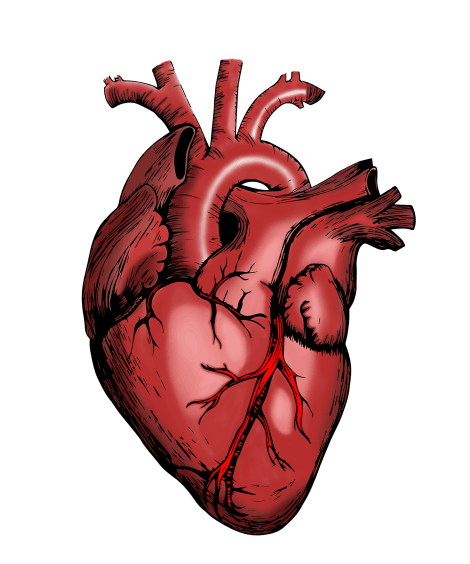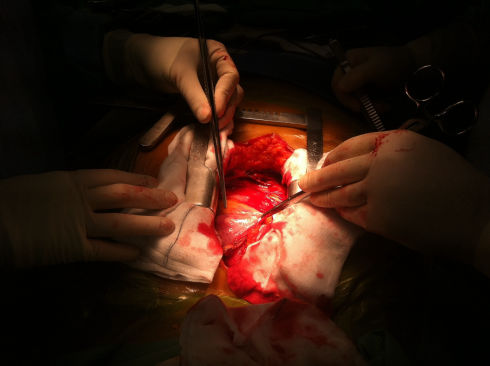

CANCER TREATMENTS






Prostate Cancer
Prostate cancer begins when cells in the prostate gland start to grow out of control. The prostate is a gland found only in males. It makes some of the fluid that is part of semen. The most common surgery for prostate cancer removes the entire prostate gland using a procedure called radical prostatectomy. Depending upon the condition it could be radical or laparoscopic.
Robotic prostate cancer surgery
The prostate is eventually removed through one of the keyhole incisions. For most of the surgery, the surgeon is seated at a computer console and manipulates tiny wristed instruments that offer a range of motion far greater than the human wrist. It is also called as Davinci or Keyhole" procedure.
Pancreatic Cancer
Cancer that begins in the organ lying behind the lower part of the stomach (pancreas). This type of cancer is often detected late, spreads rapidly and has a poor prognosis. There are no symptoms in the early stages. Later stages are associated with non-specific symptoms, such as lack of appetite and weight loss. Treatment may include surgically removing the pancreas, radiation and chemotherapy.
Ovarian Cancer
Ovarian cancer is a growth of cells that forms in the ovaries. It destroys healthy body tissue. Initially it might not cause any noticeable symptoms and later on the cancer symptoms are usually attributed to other, more common conditions. The first goal of ovarian cancer surgery is to stage the cancer − to see how far the cancer has spread from the ovary. Usually this means removing the uterus (hysterectomy), along with both ovaries and fallopian tubes.
Liver Cancer
The most common form of liver cancer begins in cells called hepatocytes (liver cells) and is called hepatocellular carcinoma. Surgery gives the best chance of curing primary liver cancer. There are different types of surgery for early liver cancer. These are removal of part of the liver (liver resection or partial hepatectomy) and liver transplant. Depending on the detailed diagnosis the way of treatment is decided.
Cervical Cancer
Cancer of the cervix, begins on the surface of cervix. It happens when the cells on cervix begin to change to precancerous cells. It occurs predominantly in women between the ages of 30 and 50. Many women with cervical cancer will go through some type of surgery which help to diagnose cervical cancer, help determine how far the cancer has spread and help treat especially the early- stage cancers. Procedures to treat invasive cervical cancer are hysterectomy (simple or radical) and trachelectomy.
Blood Cancer
Most blood cancers, start in the bone marrow, where blood is produced. Blood cancers occur when abnormal blood cells start growing out of control, interrupting the function of normal blood cells. There's a range of different treatments. Depending on the type of blood cancer, one might have one type of treatment or a number of them. Common blood cancer treatments include chemotherapy, targeted therapies, immunotherapy, radiotherapy, stem cell transplants.
Gastrointestinal Cancer
Gastrointestinal cancer is cancer that develops along the GI tract (digestive tract). The GI tract starts at the oesophagus (mouth to stomach) and ends at the anus. There are different types of treatment for patients with gastric cancer. The types of treatment used are surgery, endoscopic mucosal resection, chemotherapy, radiation therapy, chemoradiation, targeted therapy, immunotherapy, new types of treatment are being tested in clinical trials and follow-up tests may be needed.
Breast Cancer
Breast cancer is cancer that develops from breast tissue. Signs of breast cancer may include a lump in the breast, a change in breast shape, dimpling of the skin, milk rejection, fluid coming from the nipple, a newly inverted nipple, or a red or scaly patch of skin. In those with distant spread of the disease, there may be bone pain, swollen lymph nodes, shortness of breath, or yellow skin. Breast cancer surgery and breast cancer treatments in India are extremely good. Most of the cancer hospitals in India has the complete treatment process from medical, surgical and radiation therapies for breast cancers.